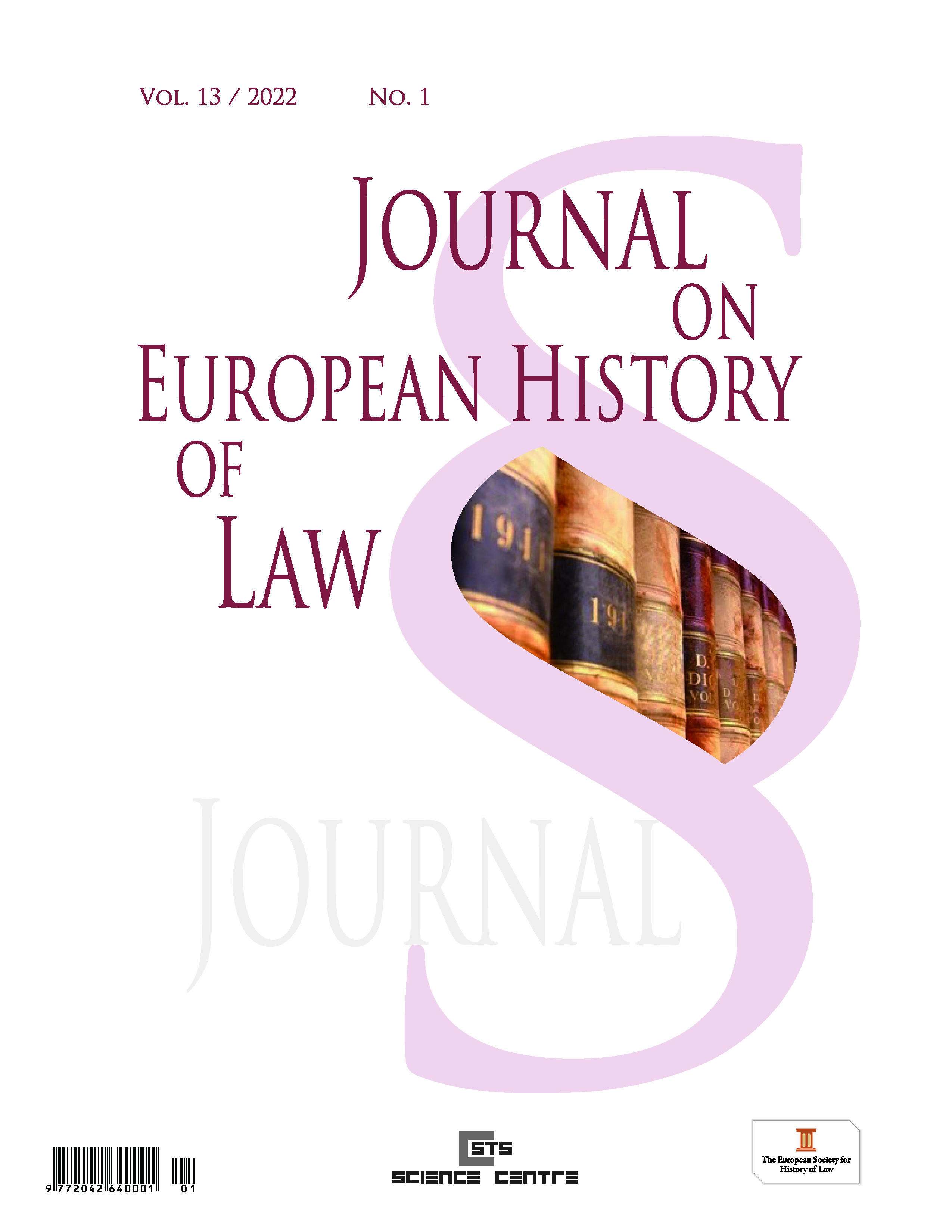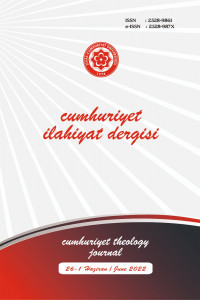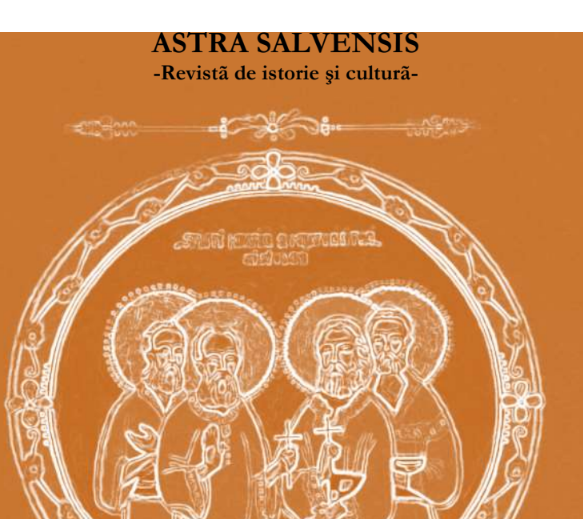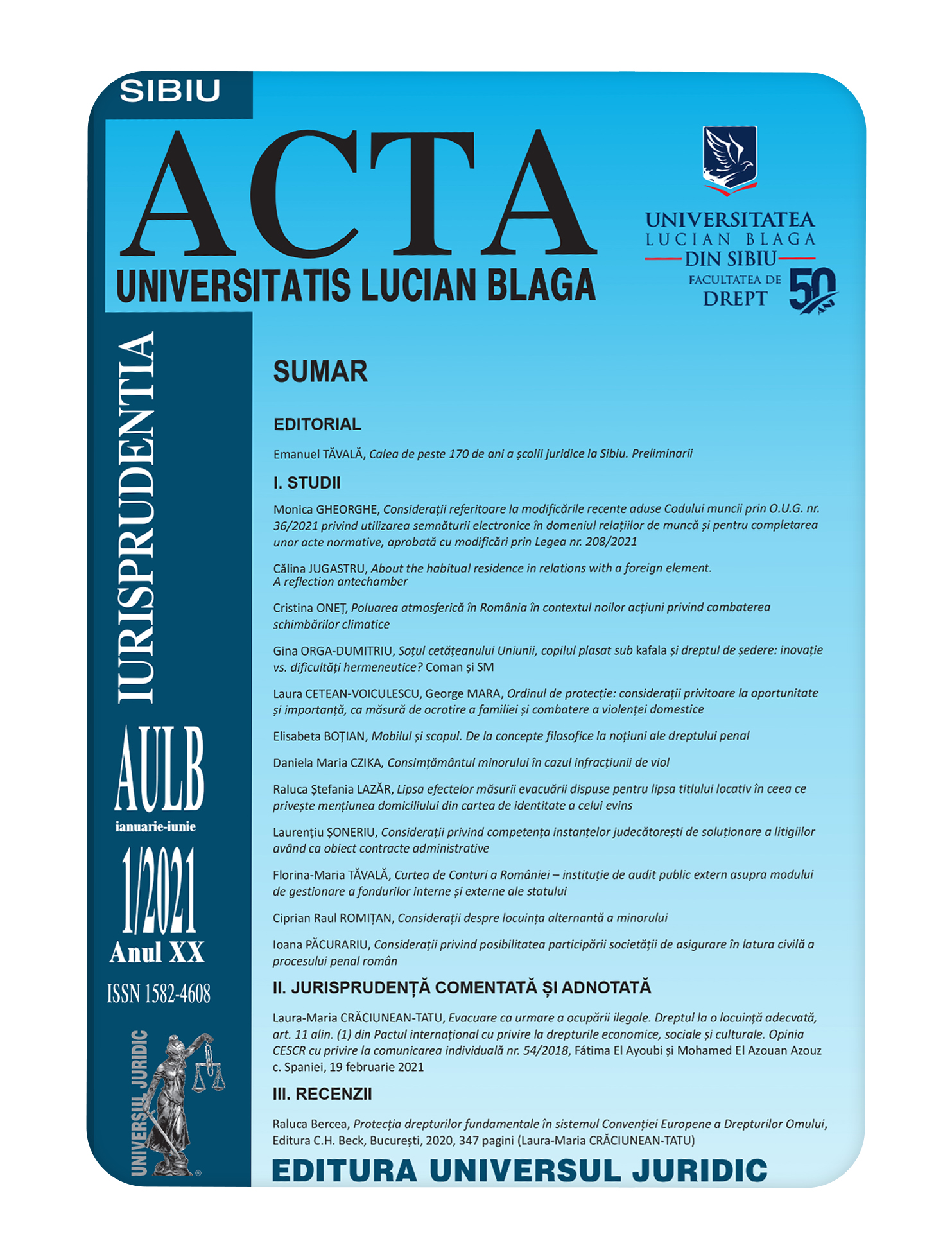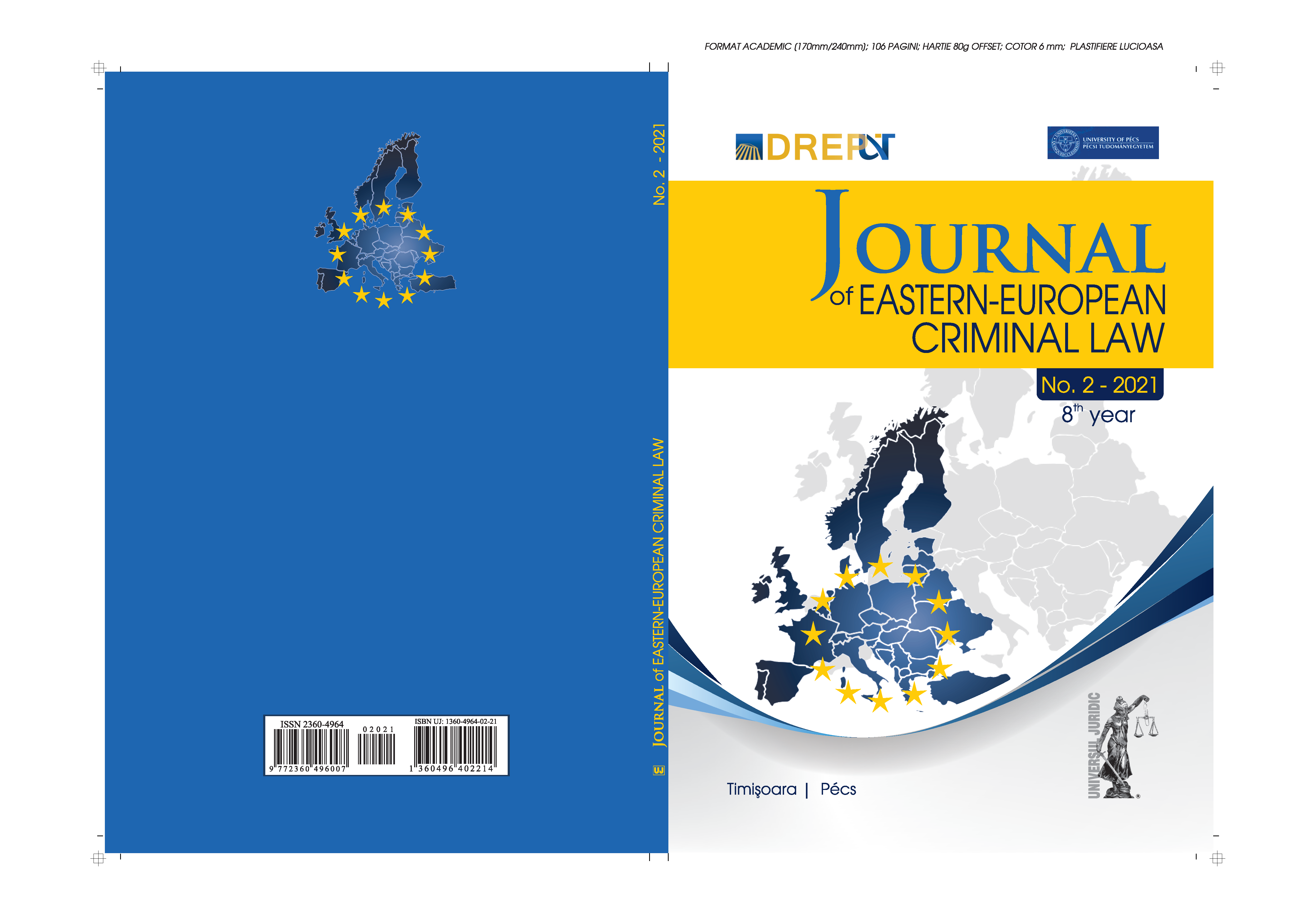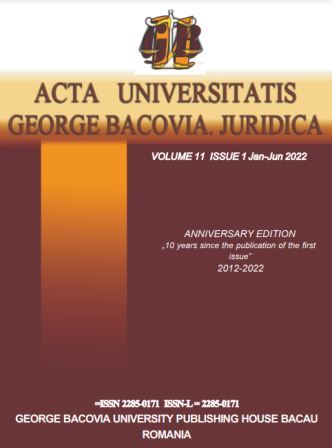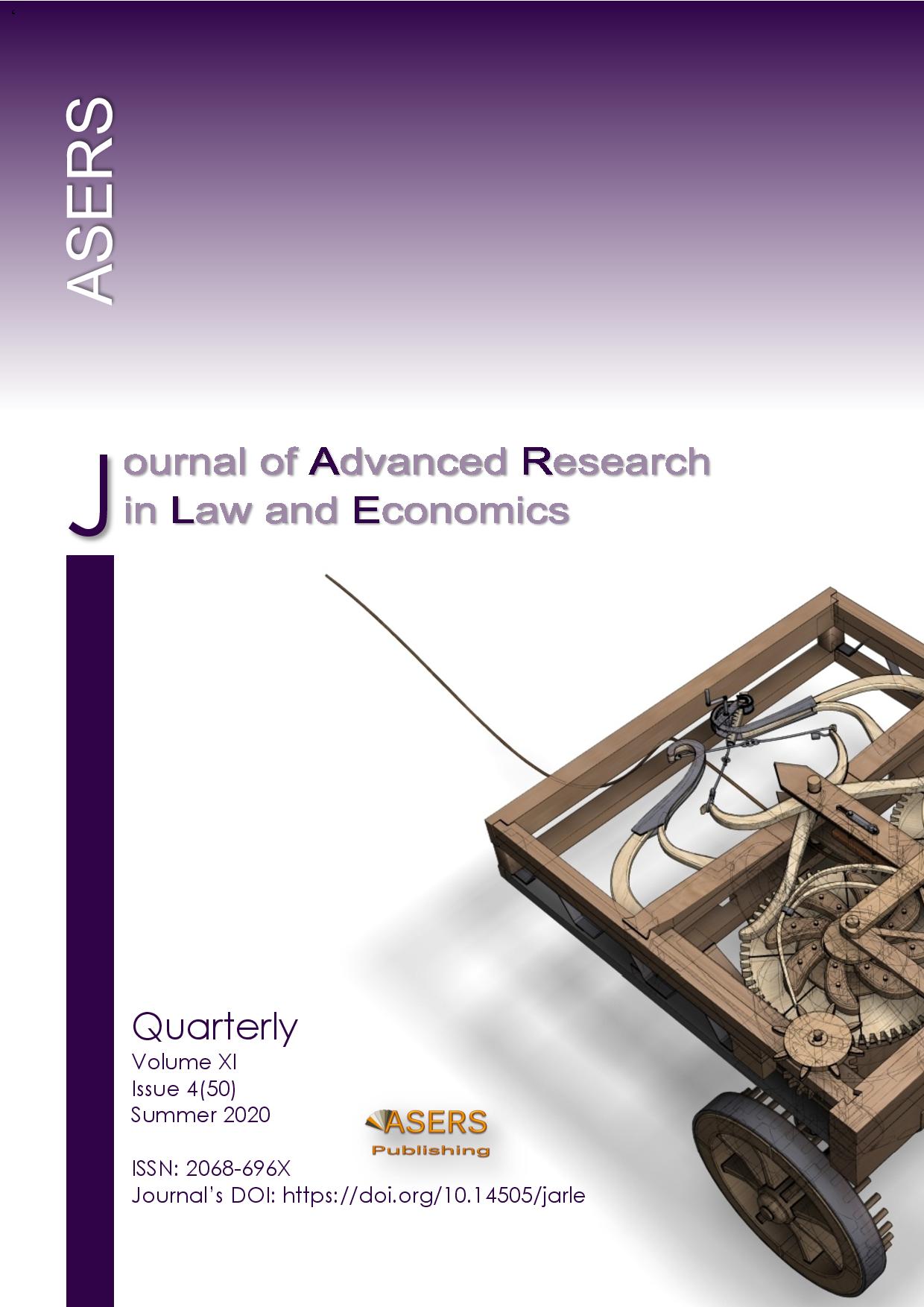
Instruments of Financial Legal Policy in the Countries of the European Union
For the purpose of a more detailed analysis of the features of administrative regulation of fiscal policy, it is necessary to consider examples of fiscal regulation of business processes in individual foreign countries, as well as features of fiscal policy in the EU. For several decades in a row, the G7 countries – Great Britain, Italy, Germany, Canada, the USA, France, and Japan -determine world economic policy. Despite the periodic global economic crises, they are among the first to overcome their consequences and maintain a leading position in the global business environment. This happens due to a balanced fiscal regulation policy. Among their common features is that part of the GDP that they accumulate through leverage of fiscal regulation has a steady tendency for growth. Thus, over the past 40 years in France, this share has grown by 10.1%, and in Canada - by 10.9%. The paper shows that the theoretical basis of modern fiscal regulation in these countries is neo conservatism, the basis of which is the importance of direct impact on production through targeted and large-scale tax cuts. The authors show that fiscal regulation in this case provides incentives for conservation and investment. Another important element is the reduction of government spending, mainly due to the implementation of targeted government programs. However, despite several common features, each country has certain features in the administrative and legal regulation of fiscal policy. The relevance of the study is determined by the fact that it is necessary to investigate these features in more detail through the lens the historical development of the administrative and legal regulation of fiscal policy in foreign countries.
More...
